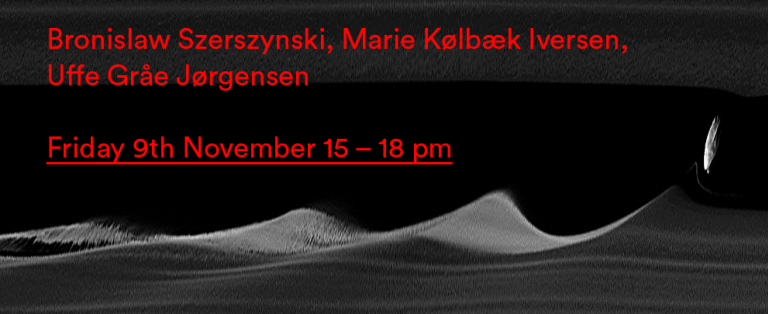Bronislaw Szerszynski: What planet are you on? A sampler of speculative planetology
In this talk I explore ways of using interdisciplinary work across the social and natural sciences, humanities and arts to expand our thinking about planetary futures and non-human agencies. I discuss three projects, each of which focuses on a particular planet, and each of which uses a different methodological approach to that end.
Firstly, I explore how to use a postsecular and postcolonial analysis to develop a ‘multinatural’ ontology of the future Earth, by attending to the turbulent ‘spirits of the Anthropocene’ being stirred up by the destratification of the Earth and the accelerated movement of resources around the planet.
Secondly, I use theory-fictions about a future, ‘Mangalayana’ Buddhism emerging on Mars in the late 21st century in order to speculate about the sort of cultural shifts that might be necessary for a genuinely planetary – or multiplanetary – culture.
Thirdly, I describe an ongoing art-science project involving astrophysicists, artists and computer scientists in which we are using the science of Saturn’s ring system, which continually self-organises over a wide range of spatial and temporal scales, to try to keep open more speculative thinking about the possible forms that life and mind might take in different cosmic environments.
Dr. Bronislaw Szerszynski - Reader in Sociology at Lancaster University
Marie Kølbæk Iversen: Naming Curse, or Simon Marius’ Offence
In early 1610, Simon Marius was in a tight race with Galileo Galilei to publish their more or less simultaneous discoveries of Jupiter’s four innermost moons. Galileo won the race, but Marius’ names became the ones used by posterity: Europa, Ganymede, Callisto and Io.
In my presentation I will explore the meaning of such naming through the specific case of the liminal figure of Io—the mythological woman who upon being raped by Jupiter was transformed into a cow wandering restlessly in pain until her final redemption: Giving birth to a child and regaining her human form in the shape of the mother goddess Isis. In the light of her transformations, what does it mean that Marius with his naming of the moon rewinds Isis back to Io and then places her within the gravitational field of Jupiter, her assailant, where she will loop in suffering through astronomical time?
My discussion of this issue will be oriented by questions such as: How have cultures at different times and places understood such naming—what’s in a name?—and how does modern science (of which both Galileo and Marius were frontrunners) relate to the act of naming? How does the world view conveyed by modern science orient, control, or obstruct, processes of liminality and transformation, and what are the prospects of Io to be redeemed within this framework?
Marie Kølbæk Iversen – visual artist and PhD research fellow at Oslo Academy of Fine Arts, KHiO, and CAS, AU
Uffe Gråe Jørgensen: Is the Earth common, but life unique?
We know from the recent years of research on exoplanets (i.e. planets orbiting other stars than the Sun), that there are approximately 10 billion stars in the Milky Way alone with planets similar to Earth in both size and temperature.
If life arose on just a fraction of them and in just a few cases developed intelligent beings with a technical civilization, we have to expect that they will travel to the nearest planets, just as we will do in the future. So why haven’t aliens from one of these planets visited Earth? Is the universe filled with planets where life never arises? Or are other Earths constantly bombarded with devastating asteroids? Or why are we apparently so alone in the universe?
Uffe Gråe Jørgensen - Astrophysicist. Niels Bohr Instituttet
When and where?
Friday November 9th 15-18 PM
The Royal Danish Academy of Fine Arts
Hirschsprung Auditorium
Peder Skrams Gade 2
Copenhagen
The Seminar is organized by Ferdinand Ahm Krag, Professor, The School of Painting and Pictorial Practices
